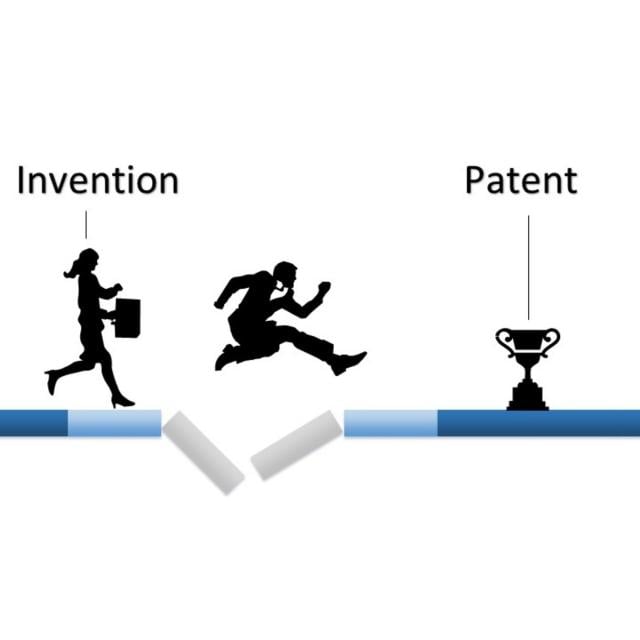MOOC List is learner-supported. When you buy through links on our site, we may earn an affiliate commission.

MOOC List is learner-supported. When you buy through links on our site, we may earn an affiliate commission.
Also how to find existing patents is a crucial and necessary element to being able to assess whether your research should be protected or not.
The course will be divided in 7 sessions, and at the end of the course, you should be able to:
- describe the different types of IPR
- explain the conditions of patentability for an invention
- describe the various stages involved in a patent application
- search and retrieve patent information from databases
- read and understand a patent
- write claims related to biotechnology
- understand and explain the concept of Freedom To Operate
Course Materials:
You will need the following book as a reading material for the course: “Patenting in Biotechnology, a laboratory manual” by Peter Ulvskov.
Also, you will need to get access from your home institution to these databases:
- Derwent Innovation Index (via Web of Science)
- SciFinder
Syllabus
WEEK 1
Introduction to Intellectual Property Rights
An introduction to the important subjects within the field of patenting, such as novelty and “person skilled in the art”. By Federico De Masi
WEEK 2
The Patent System I
Get to know the important timeline for getting a patent. We look at the filing, international filing, examination, publication, and potential approval of a patent. Note that we will go deeper into the search machinery later in lecture 5. By Peter Ulvskov.
WEEK 3
The Patent System II
The first video introduces search reports and looks into destruction of novelty/inventive steps. The second video covers international filling - the PCT system. The issues with medical use claims will also be discussed. By Peter Ulvskov.
WEEK 4
Creating a Patent Landscape
To map the patent landscape for an invention you need to be able to perform “literature search” for patents. This is important if you want to avoid infringing existing patents. In this lecture, different databases are reviewed: Derwent, USPTO, and NCBI. By Peter Ulvskov.
WEEK 5
How to Patent Biotechnology Inventions?
Here we go through the interesting issues, rules and possibilities of patenting specific biotechnology related items as microorganisms or enzymes. By Claus Jørgensen.
WEEK 6
Business and Patents
How can we avoid infringing other patents and what are solutions in case we do? Freedom to operate (FTO) is in its essence to the constraints surrounding your invention that prevents your ability to produce/sell your invention. By Karin Beukel.
WEEK 7
Patenting Small Chemicals and Compounds
In this lecture the novelty of chemical molecules and natural products are discussed. An interesting real life example tried to but things in perspective. By Federico De Masi.
Searching Patents for Small Chemicals
Introduction to using SciFinder, an enormous database for chemical reactions and compounds. See how one utilizes Markus formulas to search for patents. By Peter Ulvskov.
Conclusion - Should You Patent Your Invention?
Philosophical lecture about the benefit of patenting and how to actually use your approved patent. Also importantly, we cover ALL the reasons to NOT patent! Definitely important even though we really love patents in this course.
MOOC List is learner-supported. When you buy through links on our site, we may earn an affiliate commission.
MOOC List is learner-supported. When you buy through links on our site, we may earn an affiliate commission.
